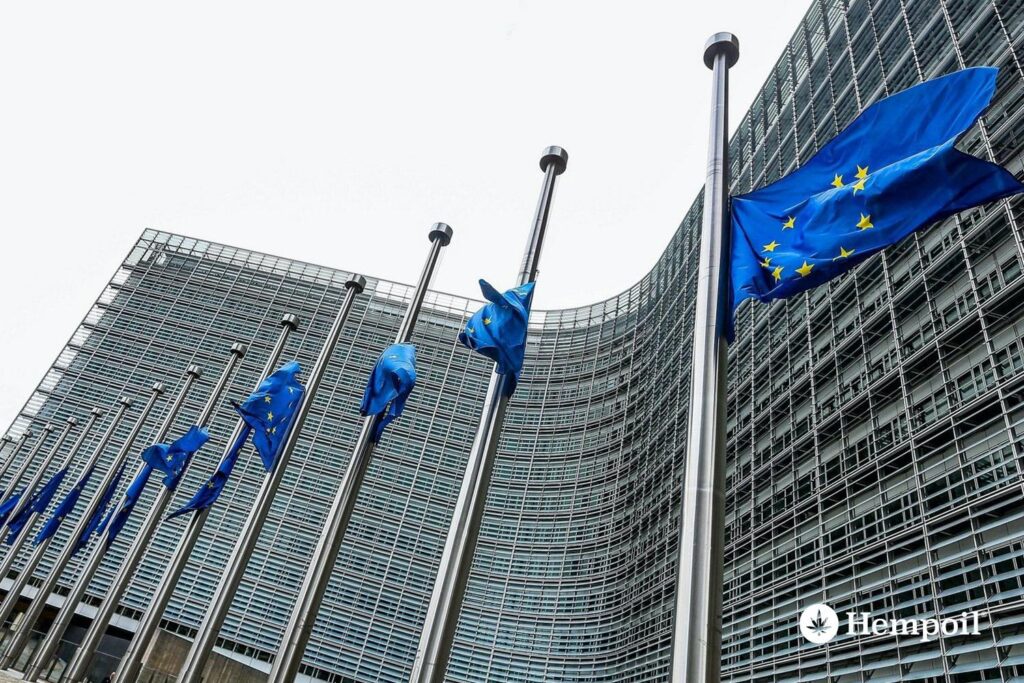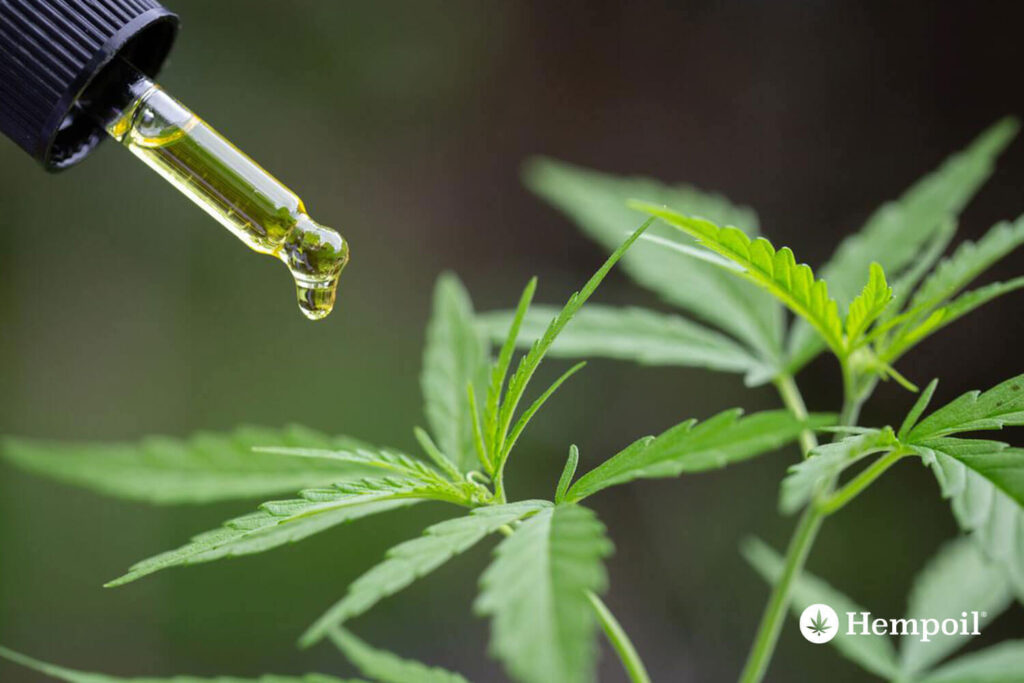The European Court rules CBD is not a Narcotic Substance
Good news by the Court of Justice of the European Union (CJEU) that decided a few time ago on cannabidiol (CBD). Specifically, press release No 141/20 published on 19 November 2020 refers among other things that cannabidiol isn’t considered a narcotic drug. Another victory in the cannabis sector either because of the reconsideration of the properties and the uses that may have this unappreciated plant or the justification of the people engaged in the sector legally.
Chronicle of the case
It all began in 2014 when two entrepreneurs Sébastien Béguerie and Antonin Cohen introduced in the french market the first e-cigarette under the brand name Kanavape. This product contained cannabidiol by flowers of legal cannabis( Cannabis Sativa L.,thc
Finally, the answer to the question came in November by the European Court, which considered that EU law particularly the provisions on the free movement of goods (Article 34 and 36 TFEU), precludes national legislation such as that at issue.

The decision by the Court of Justice of the European Union
Since the beginning of the judgment, it is explicit that: ” A Member State may not prohibit the marketing of cannabidiol (CBD) lawfully produced in another Member State when it is extracted from the cannabis sativa plant in its entirety and not solely from fiber and seeds”. Furthermore, the CJEU leaves aside the regulations relating to the common agricultural policy (CAP) simply because cannabidiol is not considered an agricultural product. In that regard, the judgment refers that: ” CBD, extracted from the Cannabis sativa plant in its entirety, cannot be regarded as an agricultural product, unlike, for example, raw hemp. It, therefore, does not fall within the scope of those regulations”. Also, the court defines that cannabidiol (CBD) is not a narcotic substance, reminding that ”persons who market narcotic drugs cannot rely on the freedoms of movement since such marketing is prohibited in all the Member States, with the exception of strictly controlled trade to be used for medical and scientific purposes”. Finally, it is noted that: ” The national court must assess available scientific data in order to make sure that the real risk to public health alleged does not appear to be based on purely hypothetical considerations. A decision to prohibit the marketing of CBD, which indeed constitutes the most restrictive obstacle to trade in products lawfully manufactured and marketed in the other Member States, can be adopted only if that risk appears sufficiently established”.
Such a decision, of course, does not bind any national court. Therefore, it has a binding character and should be considered carefully by the national court, in case of the solution of a conflict, while it refers to all the EU members with similar issues. A small yet significant victory in the cannabis sector because the regulations concerning the plant are pretty particular in almost all the European countries, creating legal gaps that block the production, extract, and marketing of the cannabis products. The judgment of the court is available on CURIA.

A few words about cannabidiol (CBD)
Cannabidiol is one of the cannabinoids that are present in cannabis plants. Precisely, it is a chemical compound that comes from the decarboxylation of cannabidiolic acid (CBDa). Various cannabis strains contain high percentages of CBD. Depending on the strain, it likewise contains cannabinoids, terpenoids, and flavonoids. Lately, cannabidiol (CBD) has been reconsidered because many scientists are studying the effect and the beneficial properties in the organism. It is a non-psychoactive substance with multiple benefits recognized by the World Health Organization (WHO), especially concerning epilepsy. Also, it promotes homeostasis, meaning the balance of essential functions of the organism, giving wellness to the body while strengthening the immune system. It is found in various such as CBD flowers, tea, CBD oil, crystals, cosmetics, and the list goes on. Since 2016, in Greece is legal growing industrial cannabis strains (hemp) that have low percentages in tetrahydrocannabinol (thc<0,2%) but rich in cannabidiol.
Need help? Would you like to learn more about medical cannabis and CBD? Do not hesitate to contact us at info@hempoilshop.com or reach us on our social media channels.